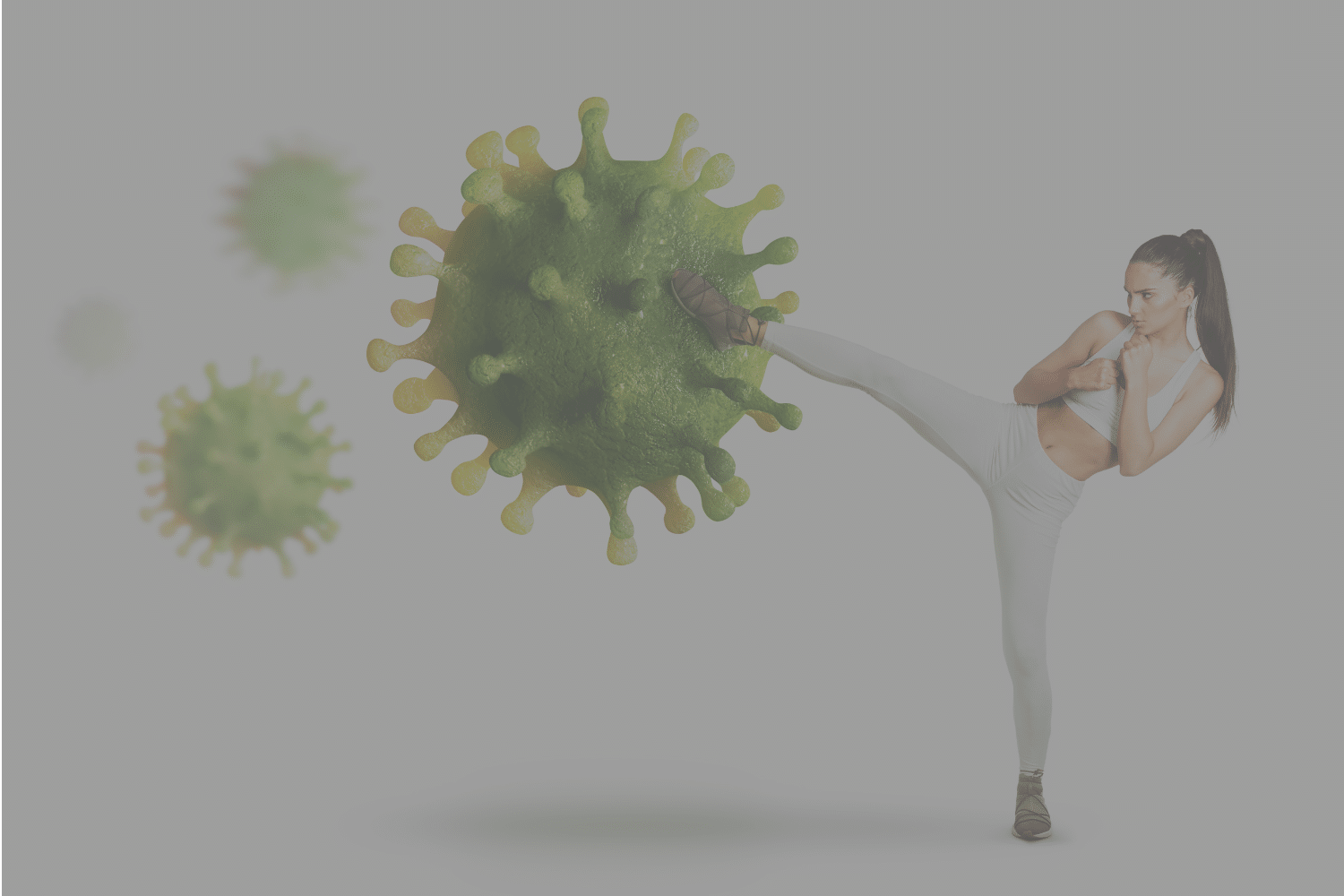John came to see me reporting that he had suffered multiple upper respiratory tract infections. He explained that his two young children “bring every germ home from school” and he’s unable to keep himself healthy when this happens. He feels he’s getting even sicker than they are! He expressed frustration with the time he’s had to take off work because of this issue and wanted answers as to why this issue has gotten so much worse after the pandemic.
The human immune system is complex and is designed to be stimulated to grow stronger. Over the COVID-19 pandemic, many of us were confined to our homes with an extremely limited amount of people we could see. Although this meant we didn’t get sick in the short-term, it also means that we missed a few years of exposure to colds and flus, developing antibodies to these viruses and becoming less susceptible to catching these viruses or getting severely ill from them. Infants suffered the most in this regard, as the human immune system is not fully developed upon birth. Exposure to viruses and allergens creates a robust immune system.
Physiologically, it makes sense why our immunity is lowered since the pandemic and why you’re getting so sick, especially when you have young children in the house. But what can you do about it now?
The good news is, there are a lot of different ways you can support your immune system during this time!
Eat a variety of fruits and vegetables
Not only are fruits and vegetables rich in a variety of phytonutrients that can help our immune system build a healthy response, they also are rich in fiber. Fiber is incredibly important to feed the gut microbiome, which we now know is fundamental to a healthy immune response.
Take specific supplements for immunity
Several vitamins and minerals are fundamental to a healthy immune system, and your demand for these nutrients increases when you get sick. Some key nutrients when you’re faced with a virus are zinc, vitamin C, vitamin A, selenium, and vitamin D. Vitamin D inadequacy can be a big reason why you are getting sick so frequently. IV therapy is often sought out for its ability to provide large doses of important nutrients directly to the system for this purpose. There are also and wide assortment of herbs that have immunosupportive properties or that can act as anti-bacterial or anti-viral agents. Always check with your naturopathic doctor about supplementing, as the dosage and form should be tailored to your individual needs.
Sleep
Lack of sleep has been associated with immune dysregulation and higher inflammatory load. This puts you at rick of getting acute illnesses like colds and flus, but also chronic illnesses like autoimmune diseases and cancer. Implementing proper sleep hygiene is key!
Keep up with exercise
Exercise is important to preserve immune function. This effect is especially valuable for older adults and those with chronic illness. There has been debate as to how exercise impacts the immune system. Regular exercise when you’re feeling healthy helps improve your immune response long-term, but exercising while fighting an infection is not a great idea as you’re using energy and resources that could be used by your immune system to fight off the virus.
Focus on gut health
Our gut microbiome is a huge player in immune function. The gut is thought to be intimately involved in the hygiene hypothesis. And the gut-associated lymphoid tissue (GALT) is where the majority of immune cells in the human body are found. Diet has profound effects on the gut microbiome, but considering specific pre- and probiotics can also help.
It took John 2 months of focused lifestyle changes, a herbal and IV immune protocol and now he reports not getting “every germ the kids bring home”.
Do you need help building an immune-supporting plan? Book an appointment and get started on your journey to better health today.
References:
- Simon AK, Hollander GA, McMichael A. Evolution of the immune system in humans from infancy to old age. Proc Biol Sci. 2015 Dec 22;282(1821):20143085. doi: 10.1098/rspb.2014.3085. PMID: 26702035; PMCID: PMC4707740.
- Stiemsma LT, Reynolds LA, Turvey SE, Finlay BB. The hygiene hypothesis: current perspectives and future therapies. Immunotargets Ther. 2015 Jul 27;4:143-57. doi: 10.2147/ITT.S61528. PMID: 27471720; PMCID: PMC4918254.
- Childs CE, Calder PC, Miles EA. Diet and Immune Function. Nutrients. 2019 Aug 16;11(8):1933. doi: 10.3390/nu11081933. PMID: 31426423; PMCID: PMC6723551.
- Garbarino S, Lanteri P, Bragazzi NL, Magnavita N, Scoditti E. Role of sleep deprivation in immune-related disease risk and outcomes. Commun Biol. 2021 Nov 18;4(1):1304. doi: 10.1038/s42003-021-02825-4. PMID: 34795404; PMCID: PMC8602722.
- Simpson RJ, Campbell JP, Gleeson M, Krüger K, Nieman DC, Pyne DB, Turner JE, Walsh NP. Can exercise affect immune function to increase susceptibility to infection? Exerc Immunol Rev. 2020;26:8-22. PMID: 32139352.


